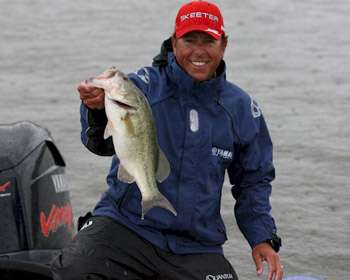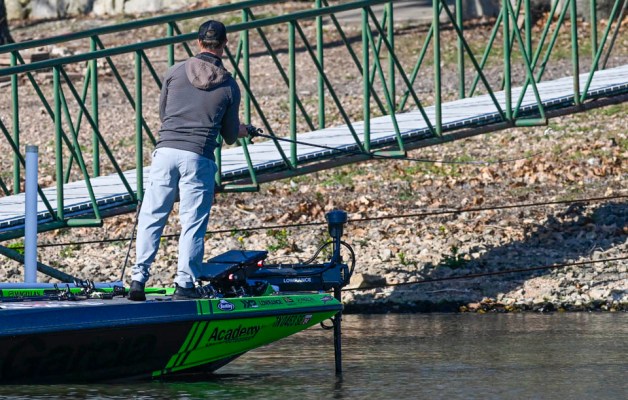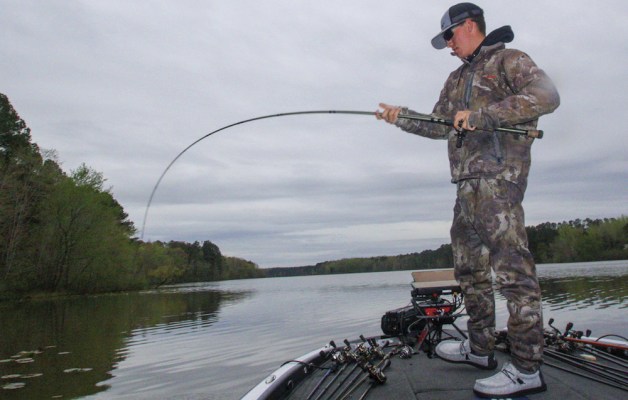
The best-laid plans of even the most astute anglers sometimes go awry.
In fact, that's probably the case more often than not. Otherwise every bass fiend worth his subscription to Bassmaster would catch a monster limit of fish every time he or she hit the water. Clearly, that's not the case.
Other than pure fishing skills and know-how, one of the things that separates the pros from the weekend anglers is their ability to adjust when their preconceived notions turn out to be wrong.
"We fish every day," Arizona Elite Series pro Dean Rojas says. "Most other anglers fish once a week. When you only have 6 or 8 hours to fish, you go to an area of the lake where you're comfortable." Unfortunately, his job description doesn't allow him that luxury. If he doesn't adjust, he doesn't earn a paycheck. Still, he admits that sometimes familiarity can hobble even the most accomplished professional fishermen.
"A lot of times that's the kiss of death for anyone going to a body of water they've been to before," he explains. "It's hard to move around and change from the places you've had success. I think every angler struggles with that. You want them to be there and you remember the glory days, but a lot of times you end up spinning your wheels and fishing on past memories."
He admits that well into a career as a BASS pro, that tendency still hurts him in certain places: "A perfect example of that for me would be the Potomac River. Going there the very first time, I did well, but since then I haven't been able to cash a check."
At other venues, his confidence and familiarity have allowed him to be consistently successful. Even at lakes like Oneida, where he's had repeated success, winning an Elite Series event in 2008 and coming close several other times, he tries to keep an open mind. "I don't want a preconceived notion of what's going on before I get there," he says. "I have an idea, but fish move and the grass is different from year to year."
If he were to arrive at a repeat tour stop and strike out on his first pass on a prime spot, it probably wouldn't faze him.
"You have to overcome all of that and force yourself to try a different approach," he explains matter of factly. "If you go to a spot right off the bat and spend 10 or 15 minutes there and don't get a bite, they're not there. Either they're there or they're not and it doesn't take long to figure out."
But sometimes it's not the area so much as the presentation. When you're convinced that a key stretch of bank, a prime cove or a reliable tributary holds fish but doesn't give any up right away, they may indeed be there — and just not willing to bite. In that case, Rojas says, "keep experimenting with different presentations until you get it right."
Your dreams of big limits and generous tournament winnings don't have to go out the window just because the way you envisioned things doesn't turn out to be accurate. It's the end result that counts, and as long as anglers keep their wits about them, it's possible to turn mistaken assumptions into fish in the livewell.





